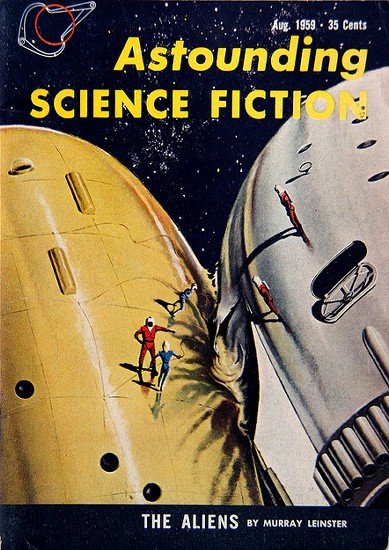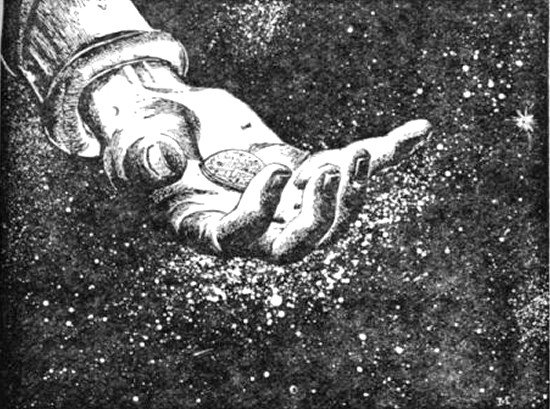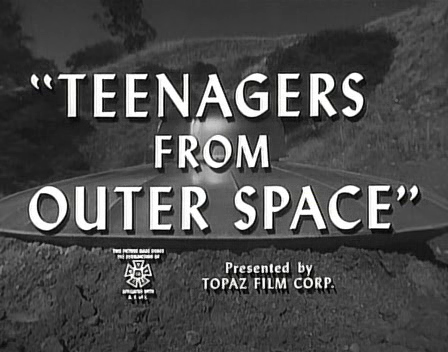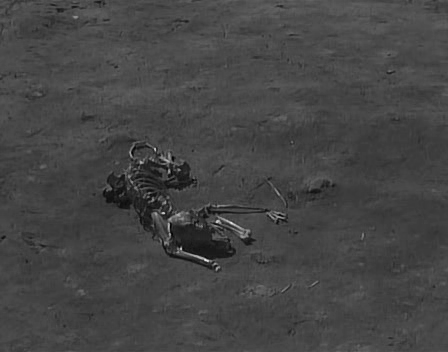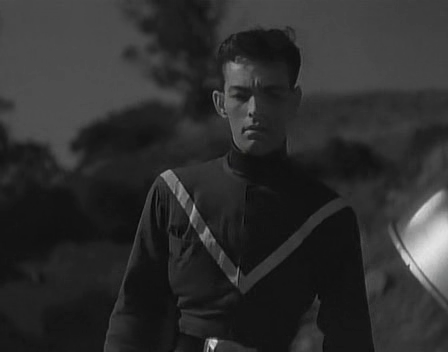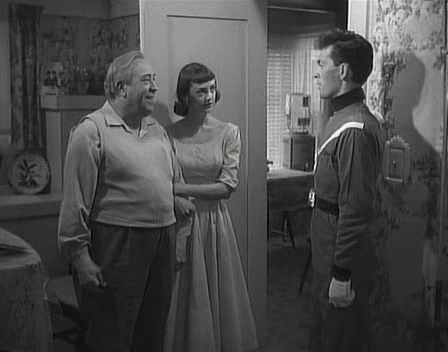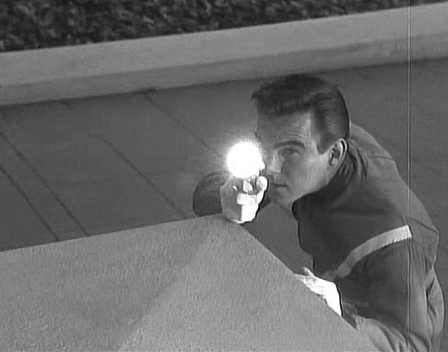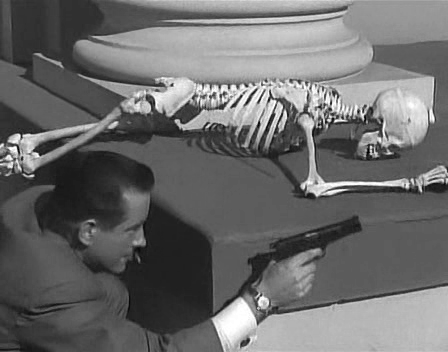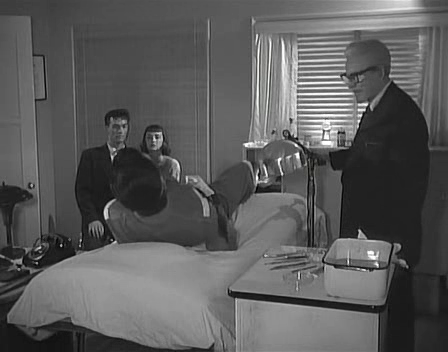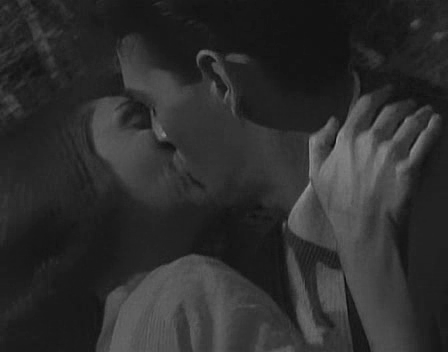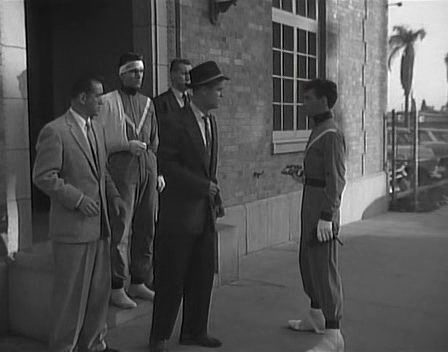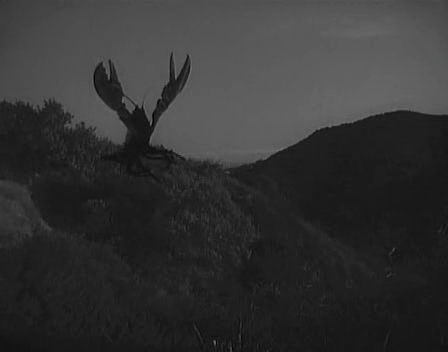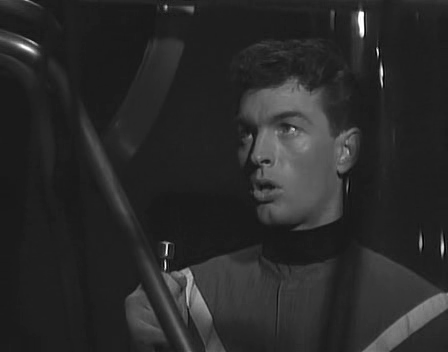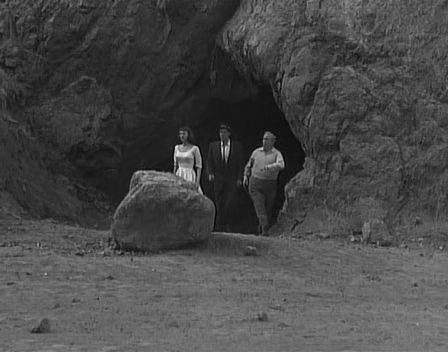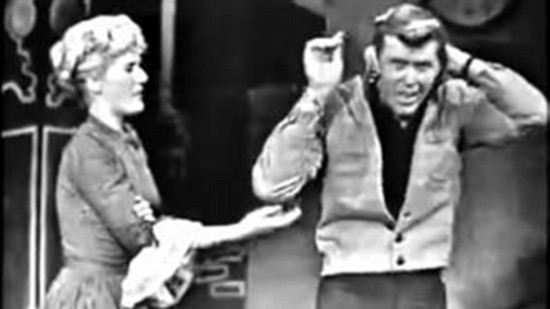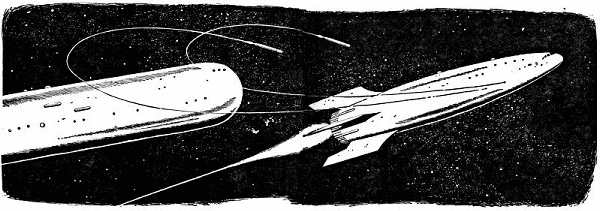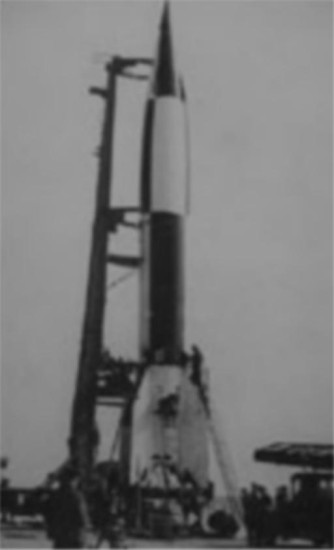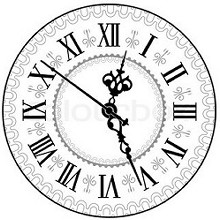
There is a certain perverse joy to statistics. Think of the folks who spend hours every week compiling baseball scores, hit averages, etc. It’s a way to find a pattern to the universe, I suppose.
To date, I’ve sort of off-handedly rated issues on a 1 to 5 star scale. Last weekend, I went through my issues and compiled real statistics. Here’s my methodology:
Each story/article gets rated 1 to 5 with these meanings.
5: Phenomenal; I would read again.
4: Good; I would recommend it to others.
3: Fair; I was entertained from beginning to end, but I would not read again or recommend.
2: Poor; I wasted my time but was not actively offended.
1: Abysmal; I want my money back!
I generally skip editorials and book reviews (in the ratings; I do read them… except for Campbell's editorials).
I then average all the stories in the book. I do another, weighted, average where I factor in the length of a story (i.e. if the long stories are great and the short ones are terrible, the latter do not bring down the score as much). Generally, the two scores are close.
My preliminary analysis has confirmed what I’d already felt in my gut–Fantasy and Science Fiction is a consistently better magazine than Astounding. F&SF runs a consistent 3 or 3.5 average. That may not sound like a lot, but any score over 3 means there must be at least one good story inside. I haven’t reviewed a magazine that scored a 4 yet.
Astounding, on the other hand, runs in the 2.5 to 3 range. This is why I find the magazine a chore.
I haven’t don’t Galaxy yet, but I suspect it will fall in between the two above magazines.
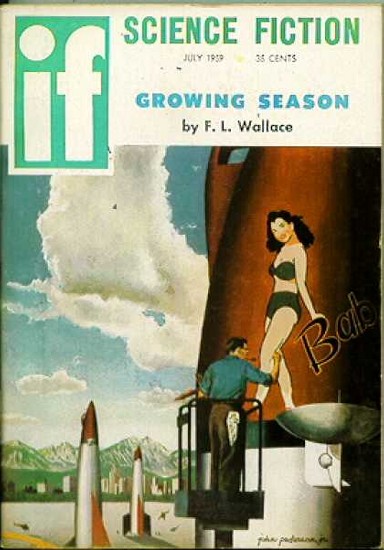
Using my brand new rating system, let’s talk about the new IF Science Fiction. I’m afraid it’s not quite up to Galaxy’s standards, nor even those set by Damon Knight’s outing as editor, but it’s not horrible, either.
The issue starts strongly enough with F. L. Wallace’s Growing Season, about a starship hydroponics engineer with a contract out on his life. It’s a very plausible and advanced story whose only flaw is that it ends too quickly and in a pat manner. 4 stars.
The Ogre, on the other hand, is a disappointing turn-out from normally reliable Avram Davidson. As one reader observed, it falls between two stools, being neither chilling nor funny. It’s another story where an anthropologist would rather kill than revise a pet theory, in this case, the date of Neanderthal extinction. 2 stars.
Wynne Whiteford, of whom I had not heard before, though I understand he’s been around for a while, writes a rather hackneyed tale of immortality and body-snatching called Never in a Thousand Years. If you don’t see the end coming from the beginning, you’re not looking very hard. 2 stars.
Sitting Duck, by Daniel Galouye, is one of those stories with a uncannily relevant but unnecessary parallel subplot. In this case, aliens are hunting humans from artificial “blinds” in the shapes of homes, malls, and movie theater… just like the protagonist when he hunts ducks from blinds. It really doesn’t work as a story, but it’s not execrable. Just primitive. 2 stars.
I rather enjoyed Mutineer by Robert Shea, in which cities have reverted to city states (albeit high-technology ones), professions are regimented, and soldiers are both fearsome and feared. There are interesting parallels to be drawn to Classical Greece, perhaps. 3 stars.
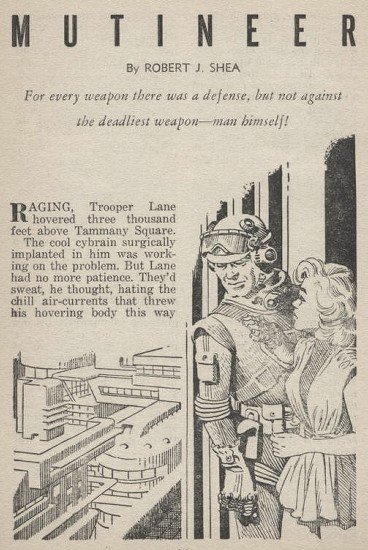
Paul Flehr’s A Life and a Half is inconsequential, a bitter reminiscence by an old-timer about a century from now, noting how much better things were “back then.” It has a rather strong Yiddish tone throughout, however, so it’s not all bad. 2 stars.
Rosel George Brown continues to show potential that is never quite realized. In Car Pool, a young mother struggles with mixing alien and human children in a pre-school setting; at the same time, she wrestles with her plainness and puritanical virtuosity. I liked it, but it is not quite great. 3 stars.
Baker’s Dozens is about a series of duplicate persons who encounter life and death in a number of interesting ways in their interstellar journeys. The story is mainly a vehicle for author, Jim Harmon’s, groan-worthy puns. 3 stars.
IF ends as it began, with a quite good story by Phillip K. Dick called Recall Mechanism. It combines a post-apocalyptic world with investigations into psychiatry and precognition. I’m torn between assigning it a 4 or a 5. If only there were an integer between the two!
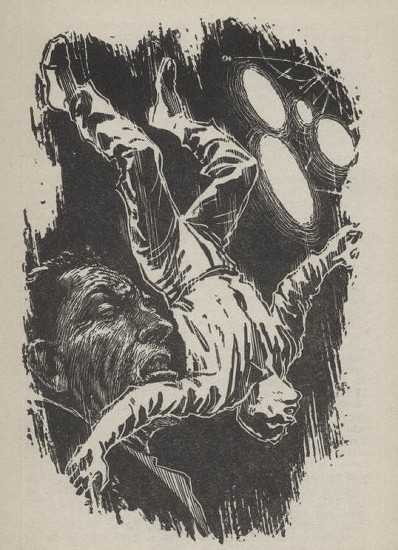
Averaged out, this issue clocks in at 3 stars. You could definitely do worse, and the first and last stories are worth reading.
See you in two days, and thanks for reading!

(Confused? Click here for an explanation as to what's really going on)
This entry was originally posted at Dreamwidth, where it has  comments. Please comment here or there.
comments. Please comment here or there.

comments. Please comment here or there.



